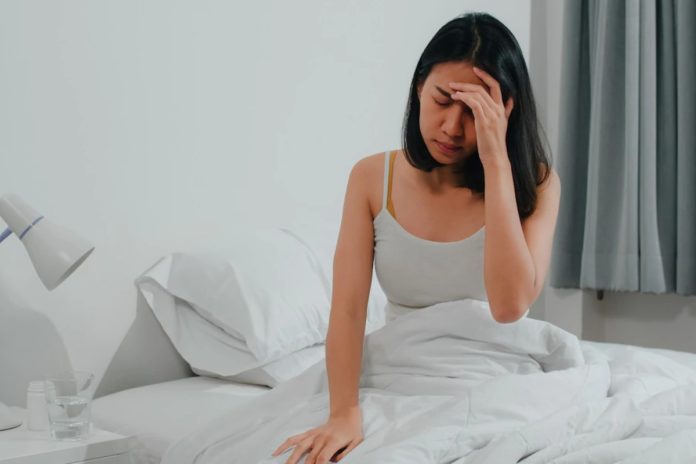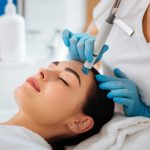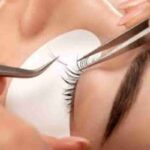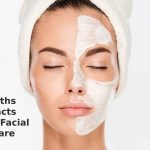Sleep is an instrumental aspect of human and animal lives. Remember that it is not simply about having asleep. It is about having quality sleep. Experts say that every individual should get nine to seven hours of sleep. There are many causes of sleep disorders today. They include hectic schedules, stress, etc. For instance, a condition such as sleep deprivation increases health problems. They also affect your school and work performance. You are constantly irritable and tired throughout your day. Common sleep disorders are restless legs syndrome, sleep apnea, insomnia, and narcolepsy. Here is a description of 4 indicators that show you might have a sleep disorder.
It Takes More Than 30 Minutes to Fall Asleep At Night
Suppose you notice that you struggle to fall asleep; chances are you suffer from a sleep disorder. For example, if you take a long duration before sleeping, it might indicate the onset of insomnia. Alternatively, it might mean that you are getting way too much sleep. Aside from this, note that insomnia can signify other sleep disorders. However, several factors cause an inability to sleep. It can occur because of psychiatric conditions or happen by itself.
Further, if you have insomnia, you might also have trouble staying asleep. You, therefore, keep waking up and falling asleep at night. Insomnia might cause you to wake up quite early. Additionally, you constantly feel that your sleep is unrefreshing. On average, 50% of adults have had insomnia at one point in their lives. The condition varies in how often it occurs or how long it lasts. However, its severity differs as chronic insomnia has adverse effects and is long-term.
You Don’t Feel Well-Rested Despite 8 Hours of Sleep
Suppose you notice that you feel pretty sleepy during the day; there’s a probability you suffer from narcolepsy. You might also be suffering from obstructive sleep apnea. Struggling to stay awake will cause problems in your relationships, school, and work. Falling asleep at inappropriate times or situations will embarrass you. Aside from this, poor sleep has several effects on your health.
Experts state that sleep disorders contribute to depression, obesity, and diabetes. They contribute to chronic conditions like cardiovascular diseases as well. Daytime sleepiness will increase your problems in school or work. If you feel sleepy while driving, there’s a probability that an accident might occur. Not getting adequate sleep will mess with your cognitive function. In the end, it will cause depression, personality changes, and learning disabilities.
You Snore Louder
For sleep disorders such as sleep apnea, loud snoring is common. It is usual for people to snow, but snoring is not as positive in some criteria. Obstructive sleep apnea is the most popular type of sleep apnea. Here, the airway blocks or collapses while you sleep, causing breathing pauses. It can cause shallow breathing as well. Overweight people are likely to suffer from obstructive sleep apnea. However, anyone is prone to this condition. When doctors fail to treat the situation, it makes you susceptible to other diseases. These include diabetes, stroke, heart attack, and high blood pressure. It is worthwhile to state that there’s a need for long-term treatment. It is crucial to learn how to stop snoring. Successful sleep apnea treatments include breathing devices, surgery, and lifestyle changes.
You Have Crawling and Tingling Feelings, Particularly at Night
Restless legs syndrome is a common sleep disorder. The condition causes a crawling or tingling feeling in your leg’s calves. If you message or move your leg while you sleep, you might relieve these feelings. You might find it hard to fall asleep while suffering from this illness. People experience these signs differently. However, these signs occur once or twice during the week for most individuals. Besides, they disrupt your sleep, causing you to oversleep the following day. Also, It might cause you to feel sleepy at work which affects your performance.
Further, you will feel exhausted since you did not have enough sleep. Experts are yet to establish the exact cause of the condition. However, alcohol, certain medications, chronic diseases, and genetics play RLS roles. Restless legs syndrome(RLS) has no cure. Doctors manage the condition by minimizing the symptoms.
Several factors cause sleep disorders. Regardless of the cause, the result is the interruption of the natural sleep cycle. If you suspect that you suffer from this, it is advisable to consult your doctor. It would help to keep track of your sleep pattern using your diary. That way, your doctor can review your condition in detail.


















